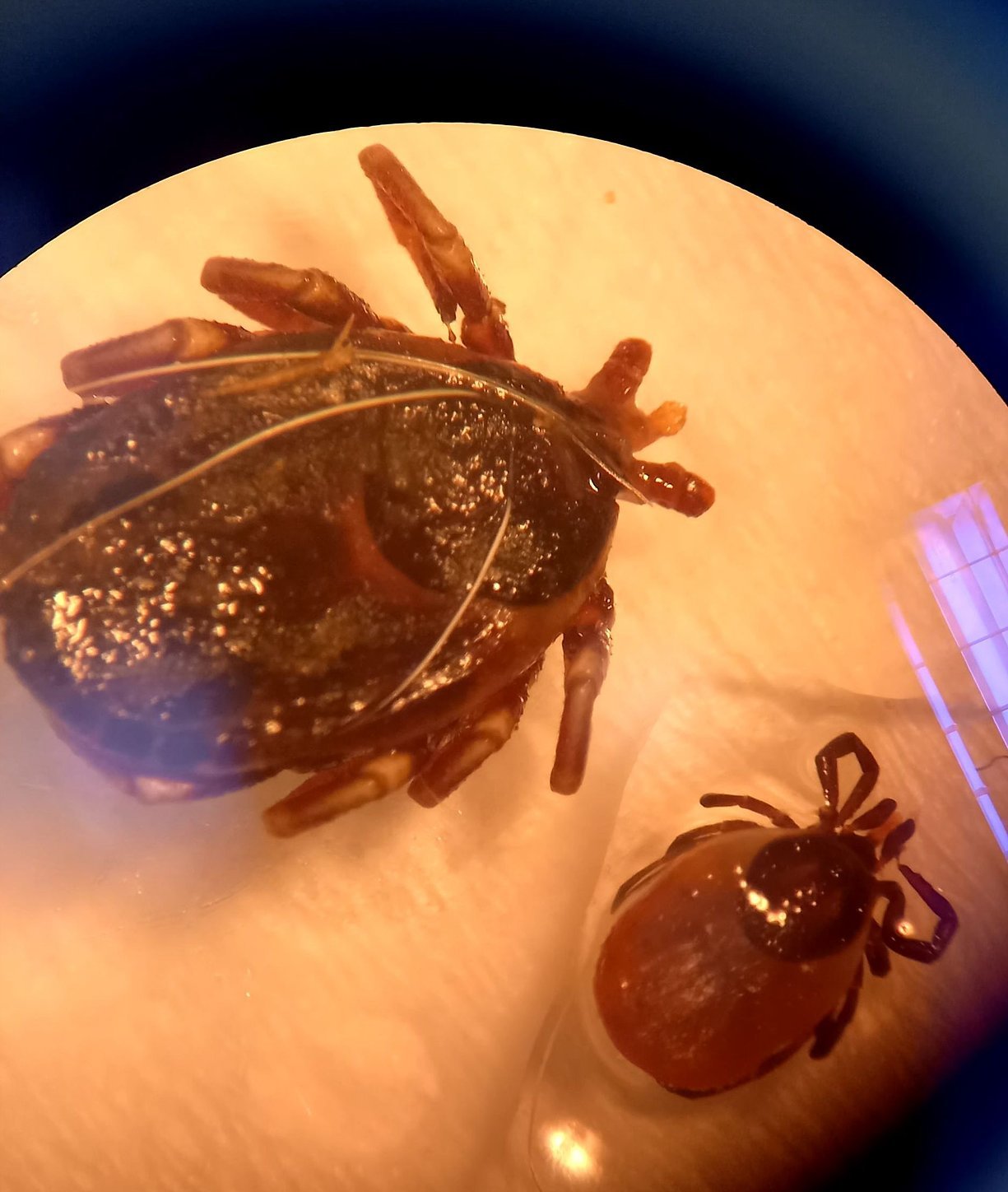
Beware of Giant Ticks in Luxembourg
Several giant ticks have previously been discovered in Luxembourg. We explain why the appearance of this type of giant tick is problematic ... read more

Several giant ticks have previously been discovered in Luxembourg. We explain why the appearance of this type of giant tick is problematic ... read more

A team from the Luxembourg Institute of Health (LIH) conducted research on the topic of hypoallergenic pets, investigating the so-called "hypoallergenic" animals ... read more

The government has recently confirmed several amendments to the rental bill ... read more

Amid heightened tensions in the Middle East, particularly between Israel, Lebanon, and Iran, and the escalating risks of military escalation, the Luxembourg government strongly advises its citizens to refrain from traveling to the Middle East ... read more




